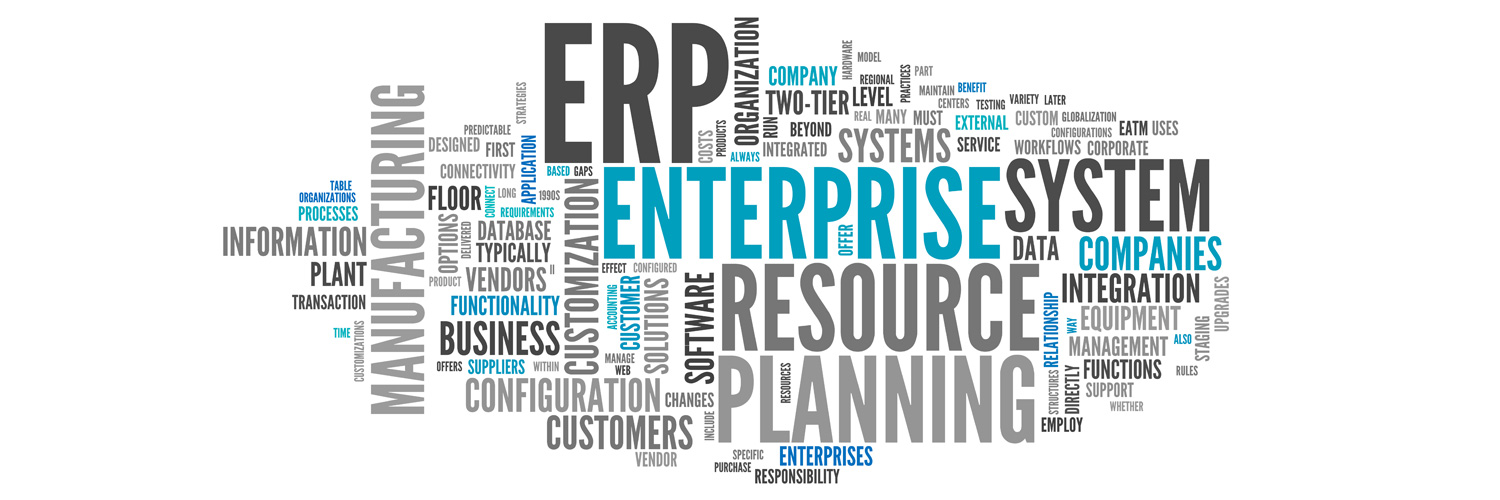The ABCs of open-source ERPs
Let’s face it: implementing a new enterprise resource planning (ERP) system can be a costly endeavour, especially if you’re paying for custom-built services. However, this monetary load can be lessened via the use of open-source ERP software—without having to sacrifice quality or customizability.
What is an open-source ERP?
Simply put, an open-source ERP is an ERP software system whose source code is readily available to the public. This code can then be freely tailored by your internal IT department or by an outside consultant, without you having to pay extra for licensing or vendor customization services. Generally, open-source ERPs are web-based applications, and be installed onto your server or hosted remotely.
Who should use an open-source ERP?
Open-source ERPs are practical for businesses of all shapes and sizes, with some providers catering to the needs of small-to-medium-sized companies (such as ADempiere, Dolibarr, and ERPNext), and others servicing larger corporations (including Apache OFBiz and Opentaps).
Due to their highly adaptable nature, these ERPs are wonderful for a variety of reasons. If your business’s needs are simple, they allow you to access the basic tools needed for your operations at a minimal cost. Alternatively, if you require a highly personalized ERP system, open-source models are a less expensive—and highly effective—alternative to costly closed-source software options.
What should I look for in an open-source ERP?
When choosing an open-source ERP, pick a system with proper documentation and support. Whether the application offers paid assistance or has an active user base, this will help to ensure that you’re receiving a high-quality option.
Above all, your open-source ERP of choice has to meet your specific needs—and continue to support these needs as they change. As such, it may be beneficial to find a system with additional modules, add-ons, and support plugins for later use.
What are the benefits of these systems?
A major benefit of the open-source ERP model is its cost-effectiveness. Typically, no licensing or maintenance fees are required for these systems, and external consultant fees are generally lower. Additionally, when you implement an open-source ERP, you own the entire system and its full-source content—without any vendor lock-in. This gives you the freedom to install the system however you wish, whether that’s on your own or with a service provider. Finally, open-source ERPs are easier to upgrade than commercial systems. This means that updates can be performed more frequently, keeping your ERP from becoming antiquated or obsolete.
If you’d like to learn more about open-source ERP programs or you require assistance in customizing one, feel free to contact us. Our experts will help you to find the solutions your business needs—with nothing but ease.


